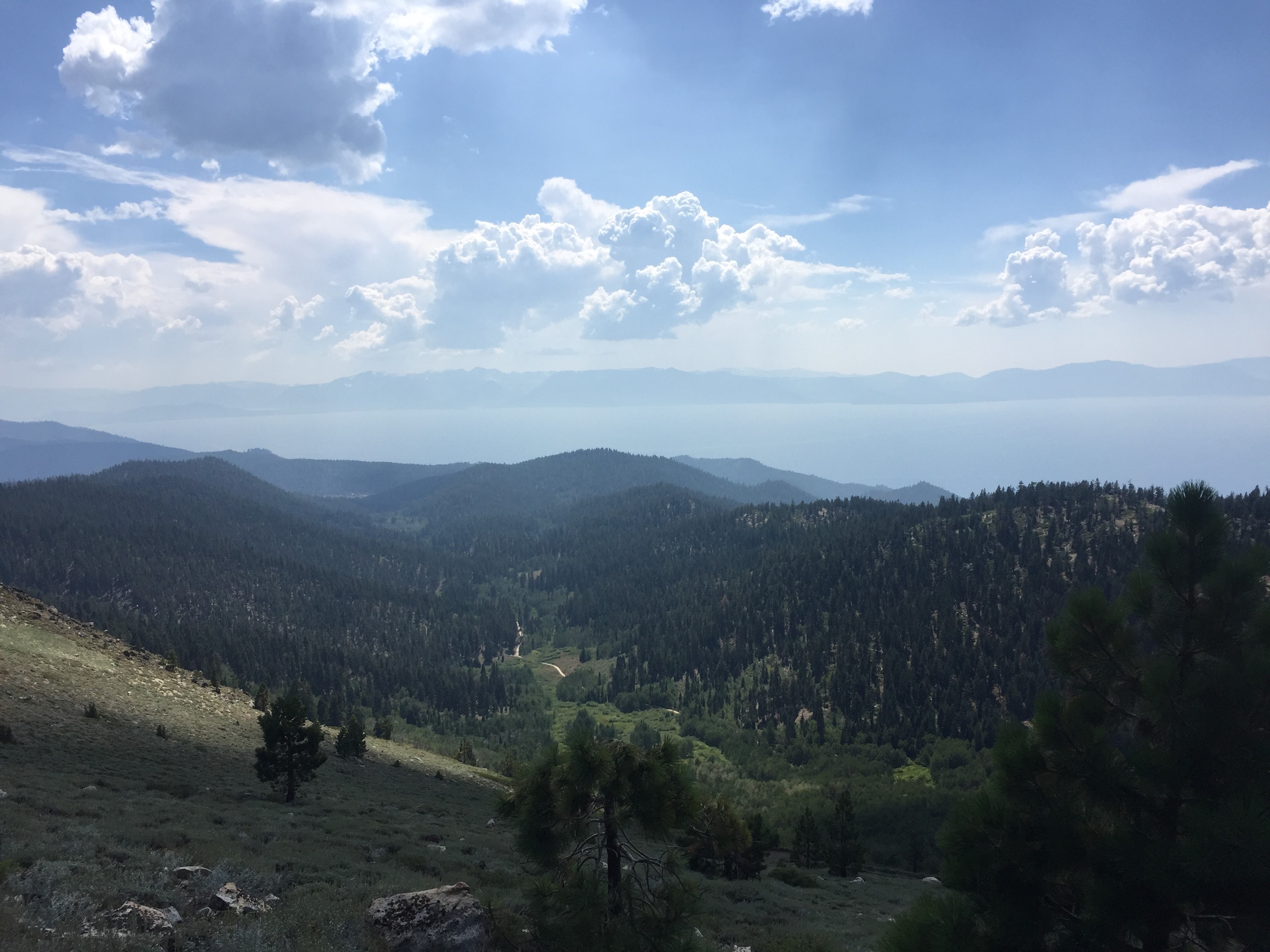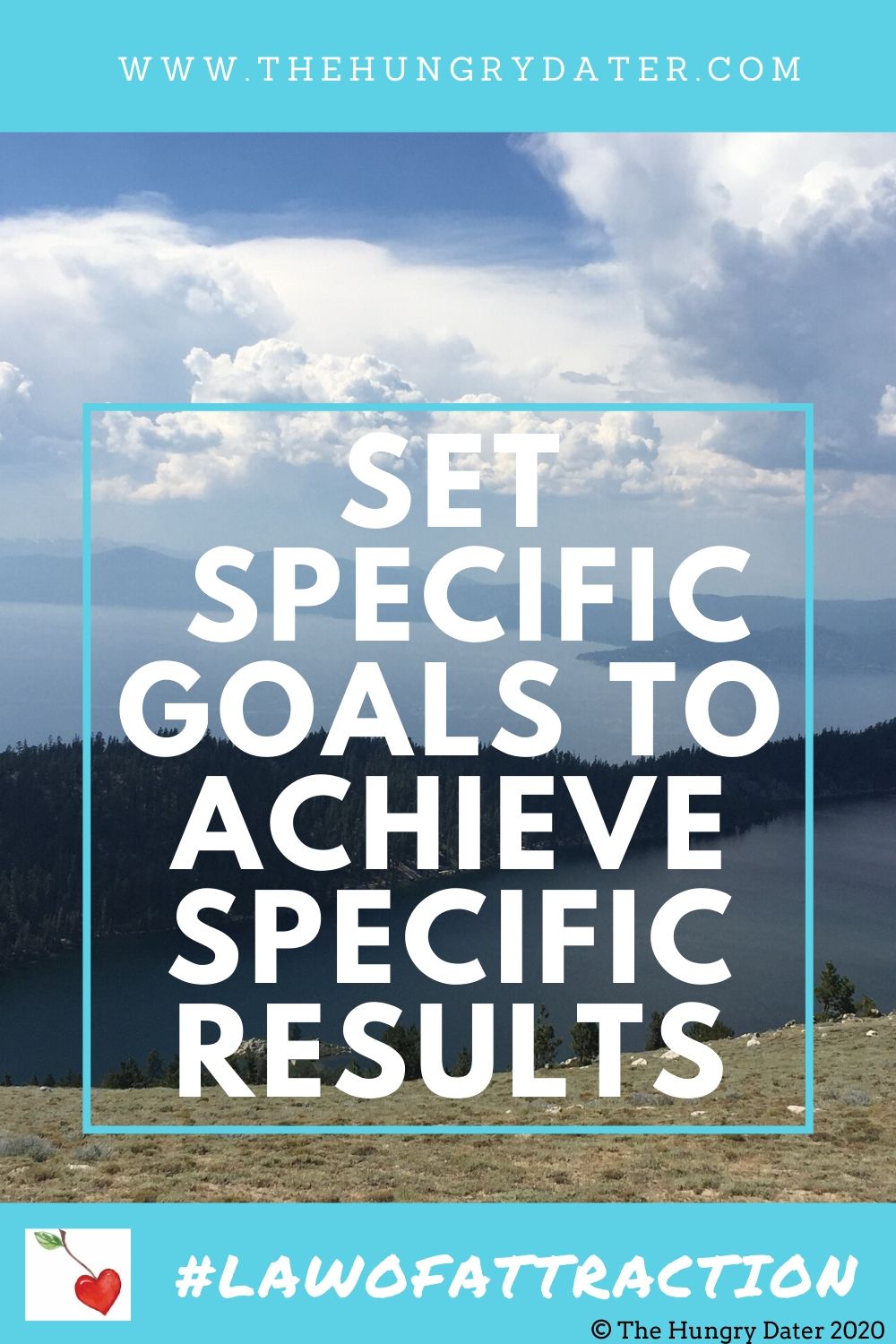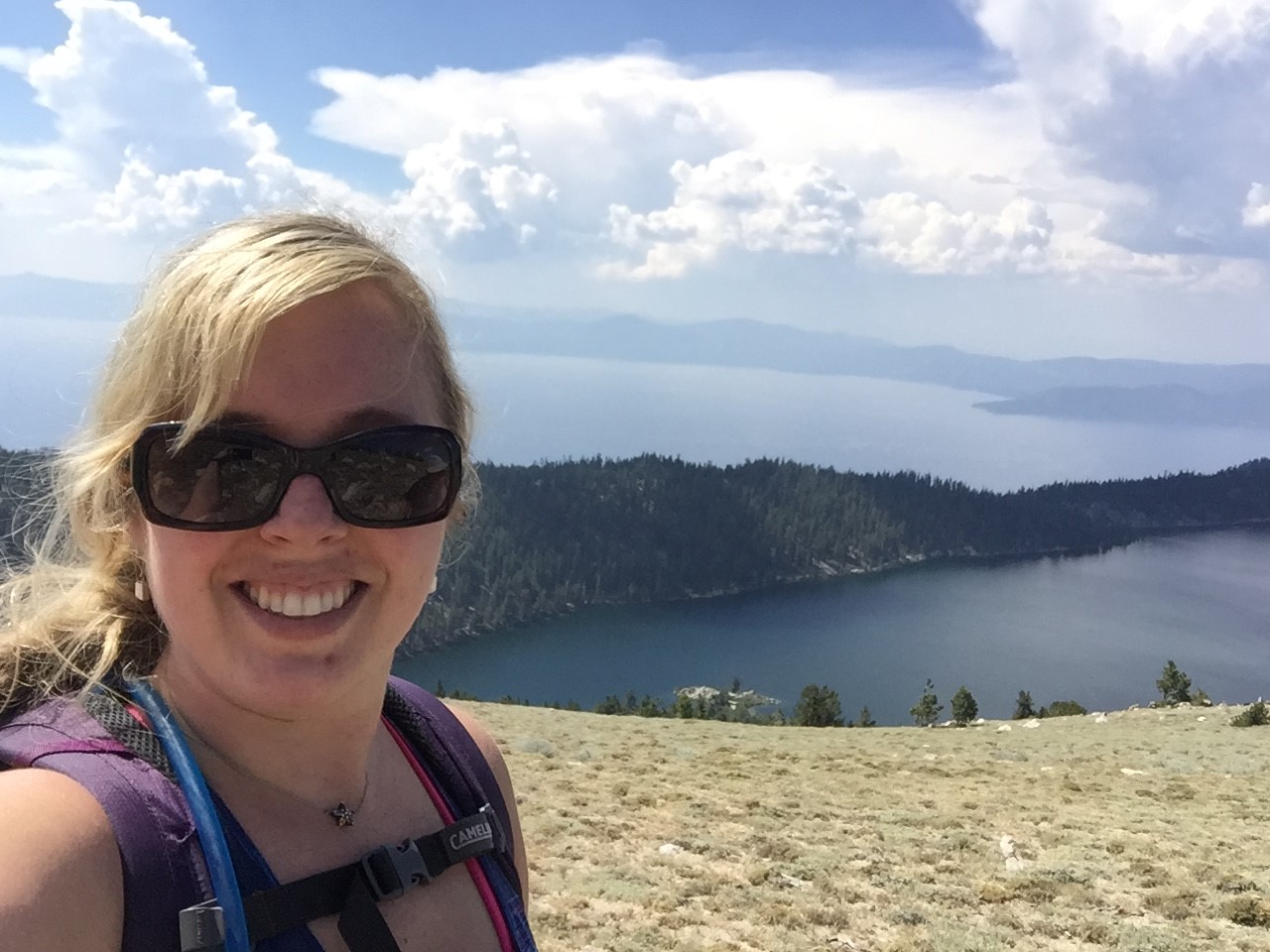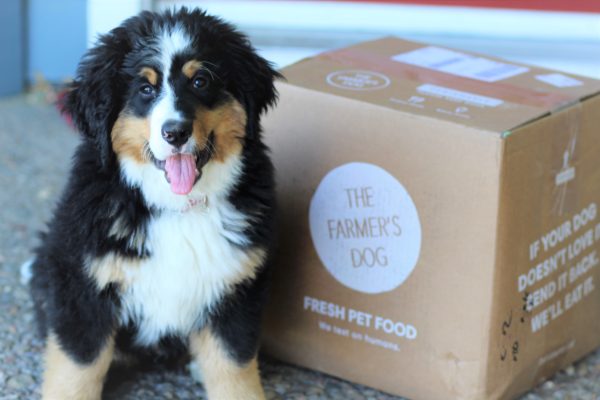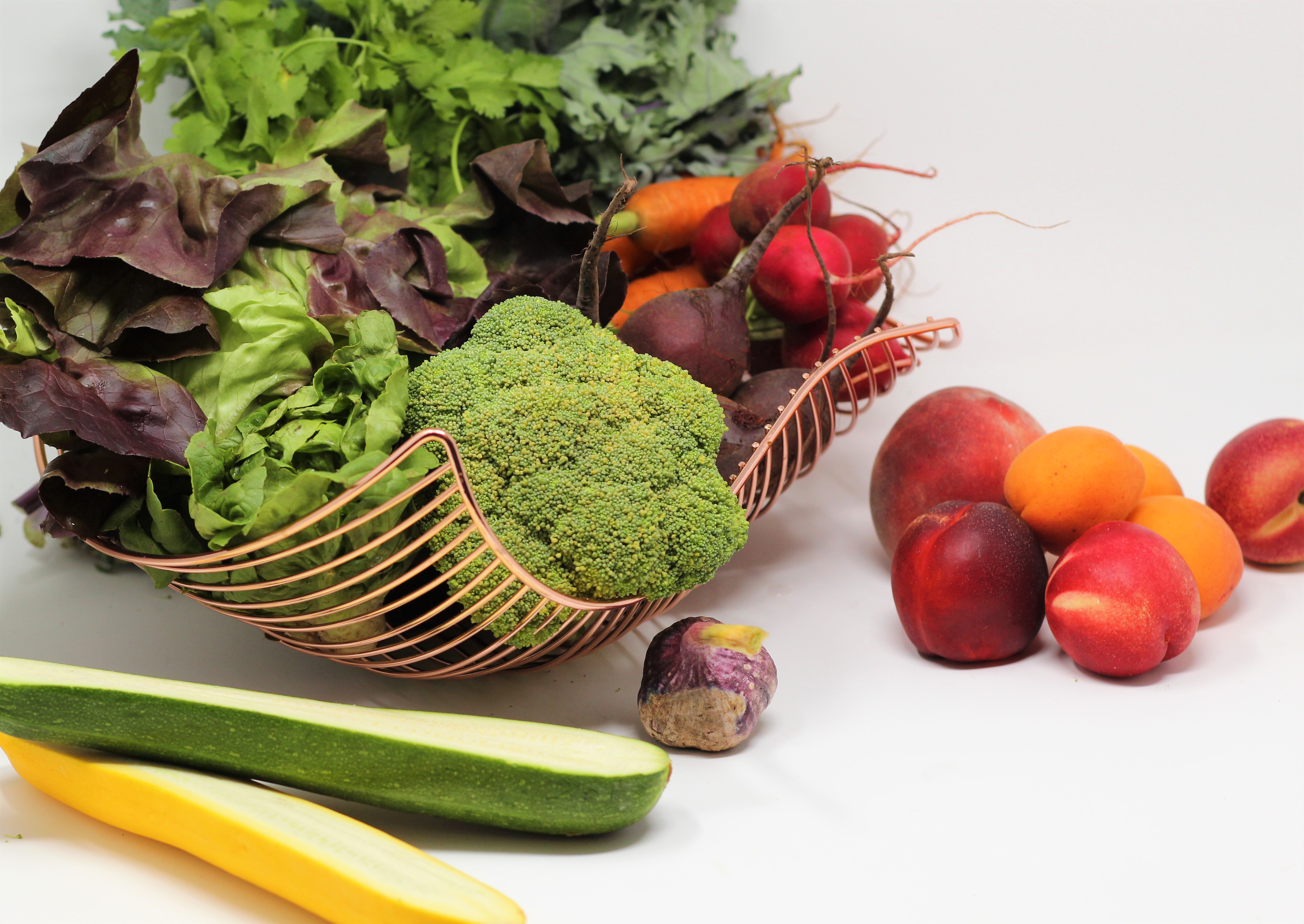
Blossom’s BiFF came to me with a suggestion last year: Would I like to share a vegetable share in a Community Supported Agriculture box? Well, anyone who knows me well knows that I don’t really dig the veggies. I’ve never been good at eating them. I don’t hate them like some people do… But let’s be honest, when eating my choice generally ISN’T going to be carrots over strawberries, or salad over cake. But BB is a veggie eater (and so is Blossom, frankly), so it’s easier for everyone if I am too. I committed.
What is a CSA? 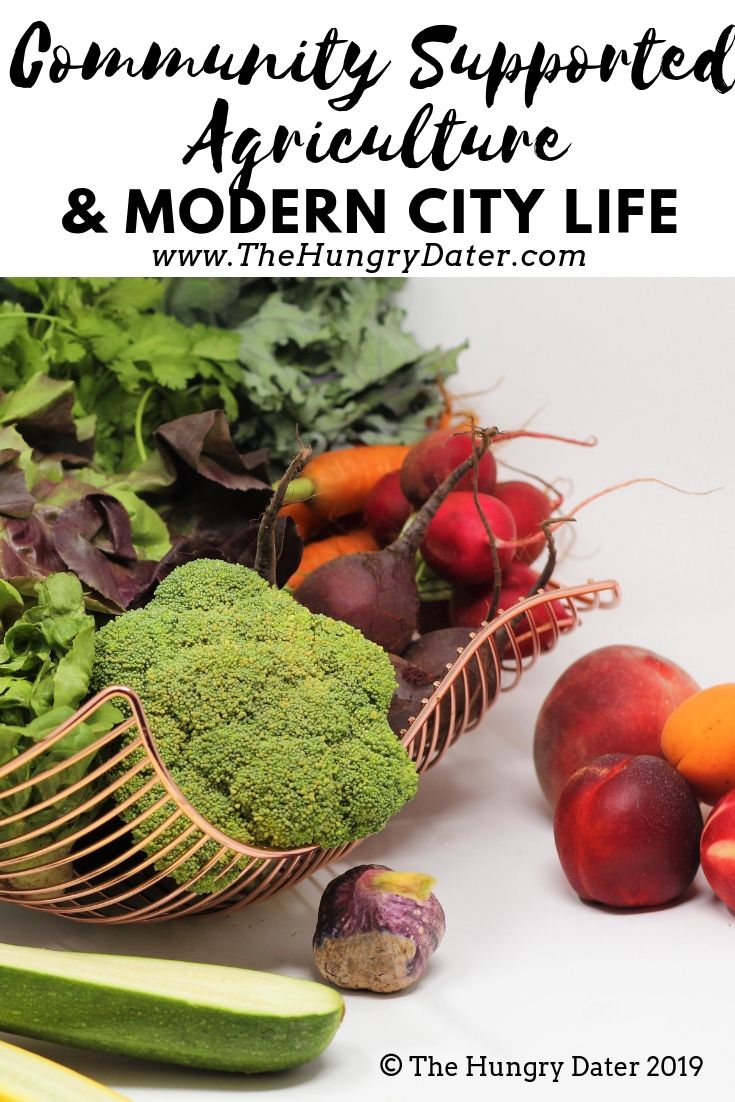
Community Supported Agriculture, or “CSA,” is a program in which local farms deliver organic local produce to consumers directly. It cuts out the middle men so that the farmer’s aren’t losing more money on their produce. This saves money for the consumer because the farmers forward those savings to them. What the consumer ends up getting is a wonderful array of sometimes-weird, organic produce delivered at a reasonable cost.
For me, this is a good thing and a bad thing. The good is I have high-quality produce delivered no matter what, once per week; so I have to eat it. The bad is I have to eat it or it goes bad and I’m wasting. I hate that both for the purposes of money and the environment. This was exactly BB’s argument: you’ll HAVE to eat them, and by the end of the summer, you’ll love them. Well, now it’s been over a year, and while I’m not so sure about LOVE, I am starting to appreciate the bounty we get every week. The forced health coming with planning my week’s meals around the race to consume them is a bonus.
History of CSAs
My understanding is CSAs were a way for the consumers to buy into the farm to help support the farmer directly. In exchange for the consumers’ financial assistance, the farmer would send produce, eggs, meat, or milk to the supporter.
These days, CSAs are more geared toward the consumer. We’re not owners in the farm, we simply pay for the shares to be delivered weekly or biweekly. The movement is now less about “owning” a share of a farm. It’s more about acquiring quality, organic produce for our families from a source we can research directly. Most of my friends and acquaintances who participate in CSAs are doing it for a variety of reasons: 1) it’s better for the farmers; 2) you know where your food is coming from and can ask directly about how it’s grown; 3) it’s better for the environment; and 4) the indication that consuming organics improves health.
I suppose to the outsider, the whole experience seems awfully “hippie dippie.” But for me, I like the fact that I feel closer to the creation and growth of my food. There is not one box we get that isn’t covered in dirt and bugs. Call me a hippie, but I find that oddly comforting that our produce isn’t a GMO strain that is “naturally” bug-repellent, and which has also been through huge corporate washing machines with God-knows-what-kind of chemical washing agents.
Less Additives, GMOs, and Pesticides for Those Sensitive to Modern Food Alterations
Most regular readers here at THD know that I’m gluten free, and almost every recipe on here has a GF option. What may not be as well known is, I am very sensitive to several foods in general. Aspartame makes me faint, Wheat makes me break out in boil-like lesions (doctor’s word, not mine)… I’m afraid to remove milk and cheese from my diet, because honestly, I just don’t want to know what else affects me so much that I have to remove it from my diet. But the strange part is, these sensitivities (aside from the aspartame) go completely away when I’m overseas. When I was in Italy, I ate pasta, bread, croissants, and cake multiple times per day, just because I could. No reactions.
I don’t have any direct or scientific knowledge regarding this phenomenon other than what I’ve read. But what I’ve read suggests this is due to the GMOs and the treatments we use on our agricultural bounty. Other countries not only don’t use the same scientific “resources” to over-produce their food, but many countries have actually outlawed a lot of the treatments we use regularly. As far as I’m concerned, THIS is our problem in the United States, health-wise.
So, while I don’t consider myself “hippie-dippie,” I have started becoming more and more prone to supporting these “food movements,” in the name of my own health and all-around well-being. That being said, as much as I don’t love veggies themselves, it wasn’t too super hard for me to say yes to partaking in a CSA simply because I can rest assured I’m skipping a lot of the other additives that are likely affecting my health.
Types of CSAs for Every Lifestyle
CSA’s range in both flexibility and variety. When I was in SF, I was a member of a CSA that had such a big following (SF, remember) that they had a website where you went every week and picked 6 different things to come in your bag. This meant I got a CHOICE. That was epic. But now we live in Reno, and the choice is a bit more limited. It’s a “you get what you get” sort of situation in the Reno CSA world. There are advantages to this get-what-you-get situation. One of the advantages is I’m sure it’s waaaaay easier for the growers to deliver exactly what’s needed to every. Single. Customer. Another that’s become amazingly blatant while I and BB’s kids are involved is, it forces those of us who don’t always like veggies to consume things we might not otherwise buy at a grocery store. This ensures that, however, resistantly, we are expanding our palates and our individual food experiences.
Conclusion
Now, I’m not suggesting that either me nor BB’s (semi-picky) children will come out of this life broccolini-lovers… But what I am suggesting is the exposure and forced consumption has been fairly good for us–at least, that’s what BB says. Lol.
Though I’m still not a vegetable lover, I’m starting to appreciate the colorful, healthy boxes delivered to me every week. I also love that I’m both supporting a local farmer and a movement I believe in (i.e., organics and whole living). All I can say is, I hope that Reno will continue getting more into it, so maybe someday I’ll have a similar “choice” option that I once had in SF. But for now, I can only appreciate the wonderful bounty that’s been made available to me by Mountain Bounty Farms and the ever-intelligent suggestions by Blossom’s BiFF.
Happy cooking, eating, and health-ing! And HAPPY SUMMER!

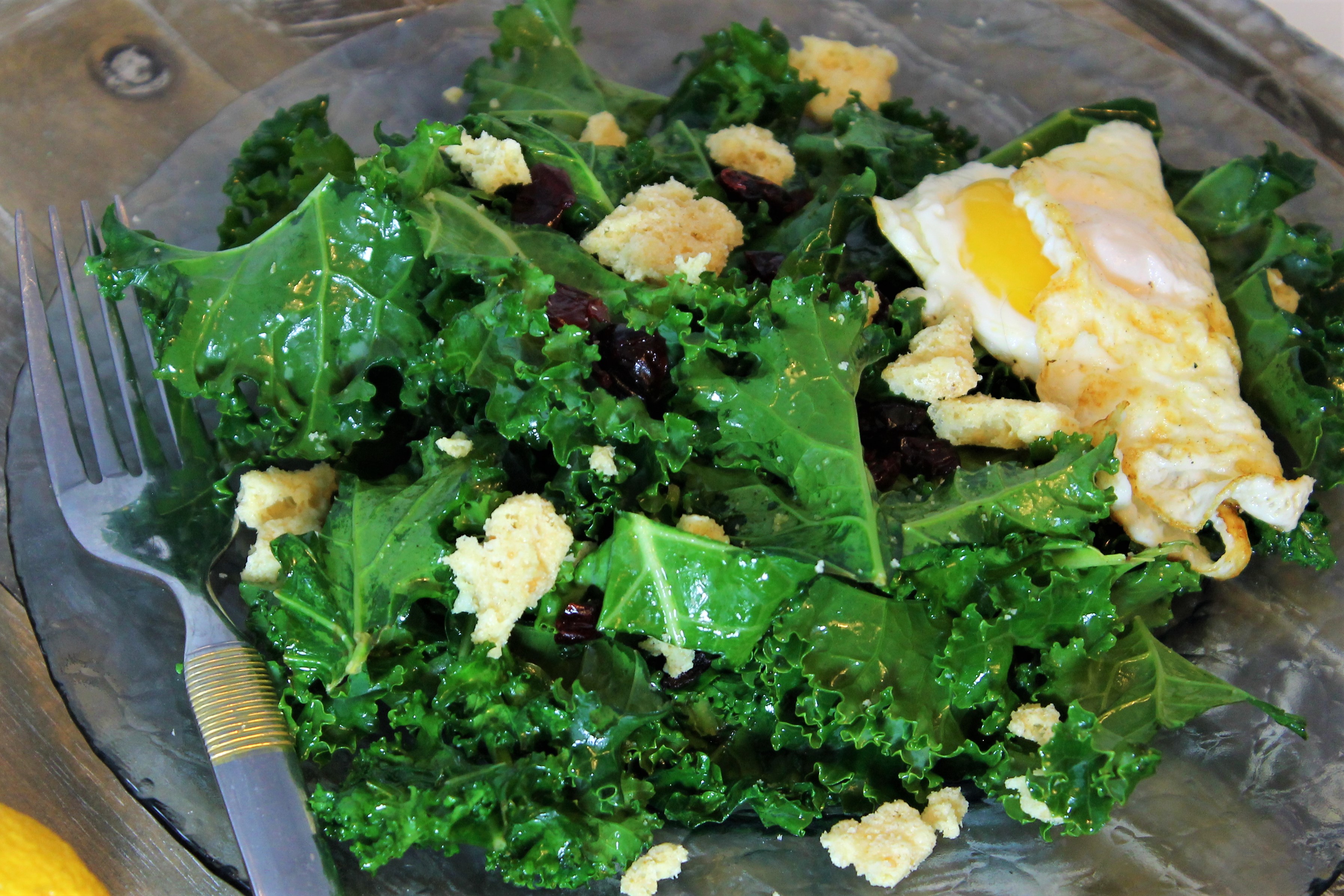
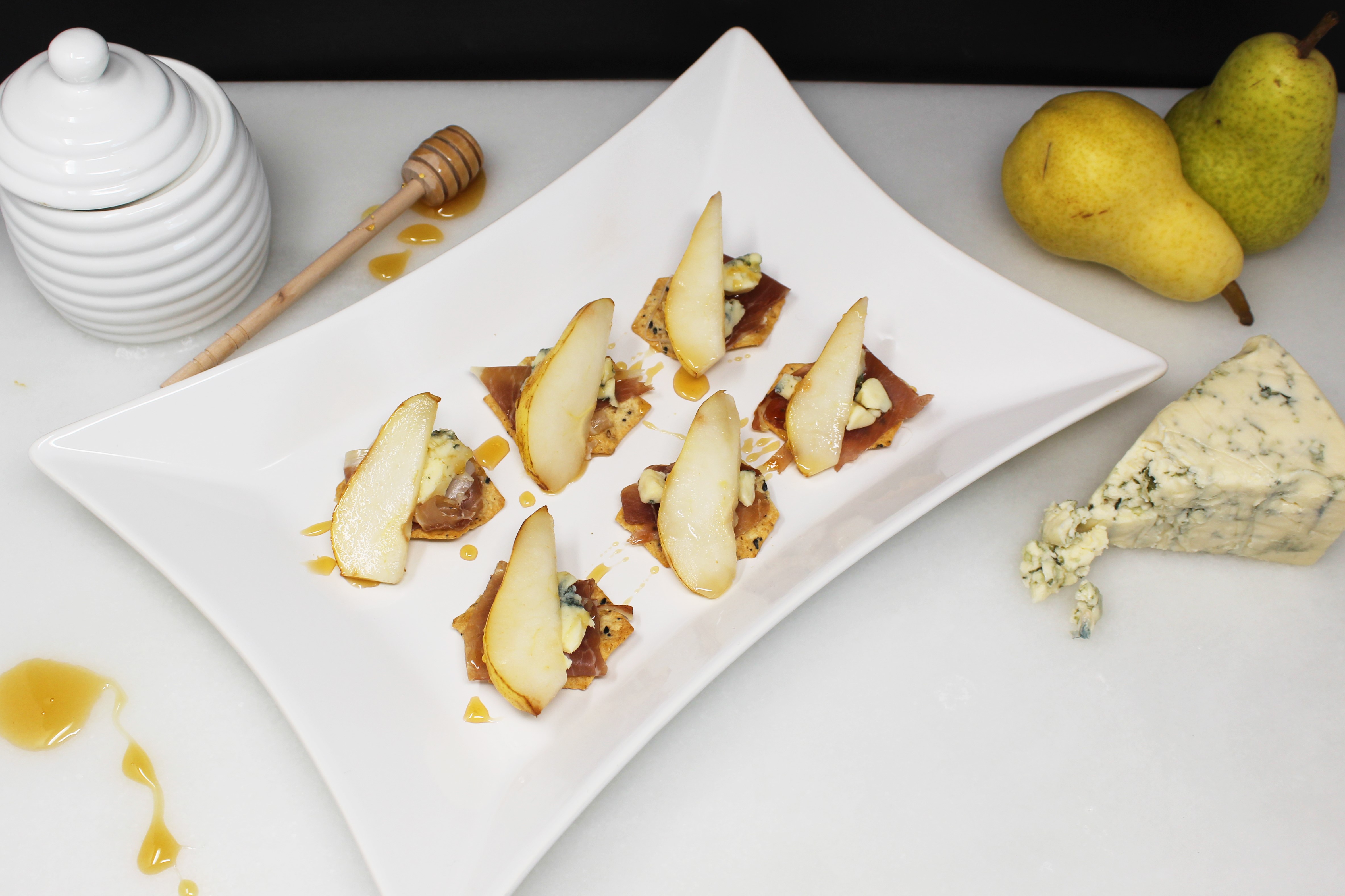
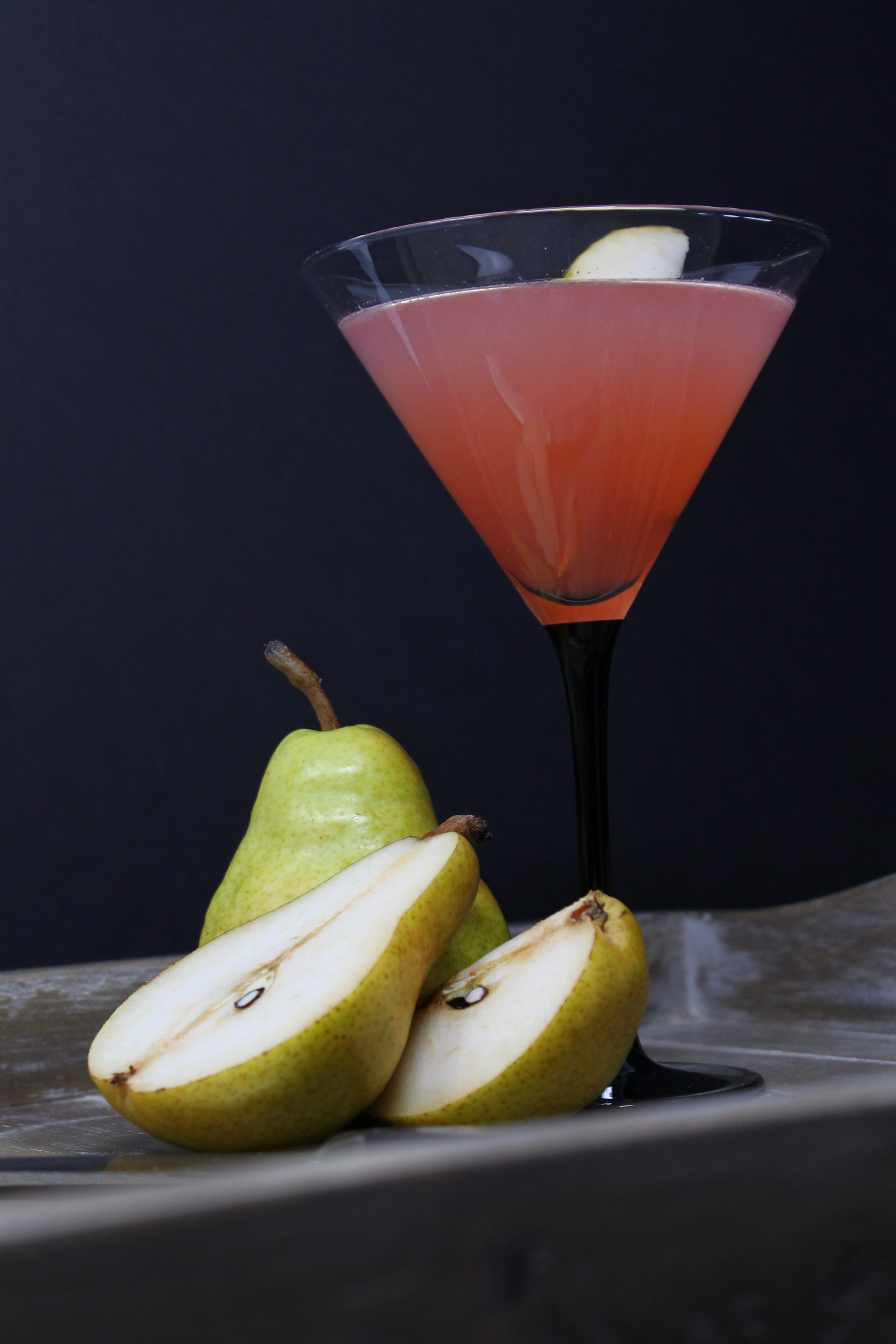 I know I’ve said I’m a seasonal drinker. But really, I have to say, vodka is my all-seasons alcohol. And this Grapefruit Martini, while beautifully pink and perfect for today’s uber-sweet holiday, is a year-round libation for me.
I know I’ve said I’m a seasonal drinker. But really, I have to say, vodka is my all-seasons alcohol. And this Grapefruit Martini, while beautifully pink and perfect for today’s uber-sweet holiday, is a year-round libation for me.

